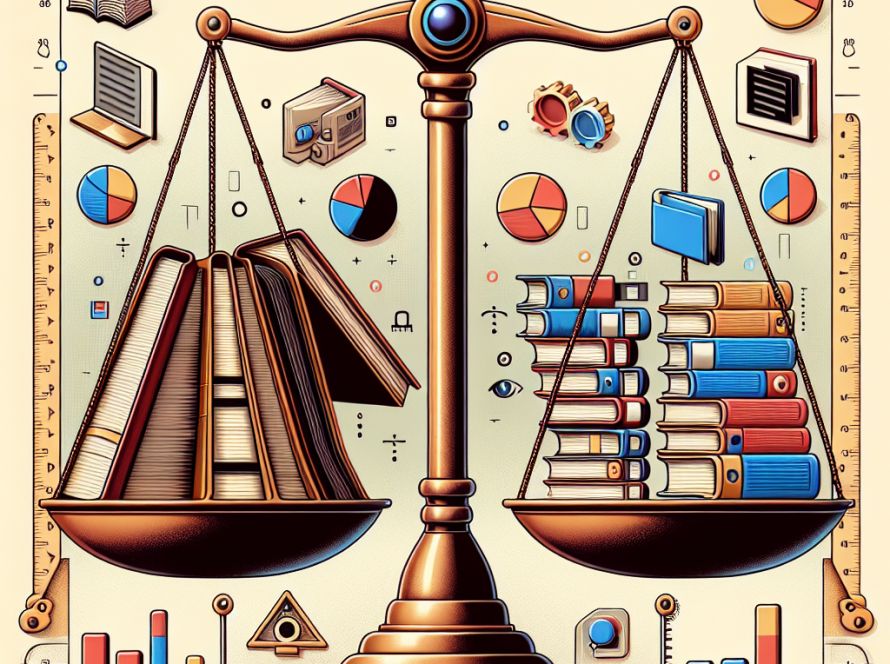Recent viral videos in China have shown global pop star Taylor Swift speaking fluent Mandarin, leading some to believe that she’s secretly fluent in the language. However, these clips are the result of AI-generated deepfake technology, created by Shanghai-based tech startup HeyGen. Swift does not speak Mandarin, and the company created the videos to showcase their AI technology’s capabilities in speech synthesis and image manipulation.
The two videos of Swift trended on Chinese social media platform Weibo with over 1.8 million views. The clips featured Swift talking about her globetrotting experiences and explaining her album creation process in Mandarin. Many Weibo users appreciated the deepfake, commending the impressive language skills and the accurate lip-syncing of the AI-generated Swift.
Despite this, Swift is not the first major figure to have a likeness used without consent in AI-generated videos, and she certainly won’t be the last. Another recent instance of celebrity deepfaking involved supermodel Bella Hadid. The manipulated video, which went viral on social network X, fabricated a declaration of Hadid’s support for Israel.
It’s essential to note that the original video was from 2016 when Hadid was speaking about battling lyme disease, not the Israel-Palestine conflict. This recent Hadid deepfake has displayed the worrying ease with which deepfakes can spread misinformation.
The trend of creating celebrity deepfakes isn’t entirely negative- many fans, or “Swifties,” on Weibo enjoyed watching a Mandarin-speaking Taylor Swift. Some users requested more AI-generated content featuring Swift, proving that the deepfake was well-received by some.
However, other users on Weibo warned about the rise of AI-deepfake frauds and scams. Some expressed concern for voice actors losing their jobs to such technology and lamented that it’s becoming harder to trust online content.
From an ethical standpoint, deepfakes can potentially harm the celebrity involved. They may convey messages that are inconsistent with the person’s beliefs, which could potentially cause reputational damage and personal distress.
Back in 2024, Swift was targeted by a wave of AI-generated deepfake pornography, triggering outrage among her fans and calls for stronger regulations against non-consensual deepfake content. In response to this incident, software giant Microsoft ramped up safety measures in its AI tools to reduce similar occurrences in the future.
This series of incidences serves as a timely reminder of the dual-edged sword nature of AI technology. While its realistic imitation of human speech and movement is awe-inspiring, its potential misuse presents substantial challenges ahead.


